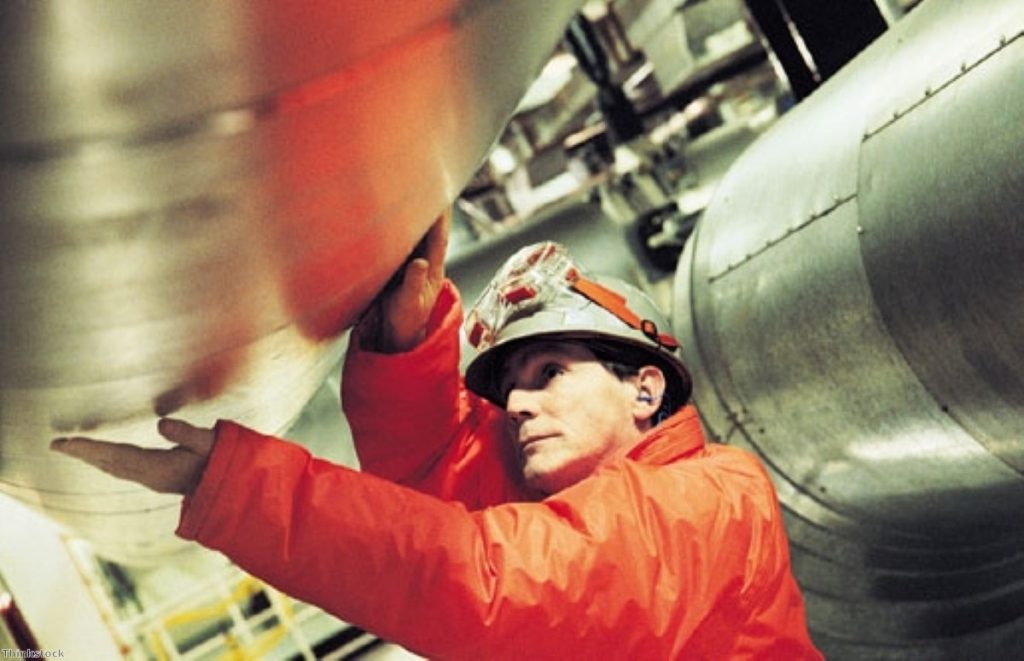‘World watching’ as nuclear talks approach climax
Drawn-out talks between the government and EDF Energy will have an impact on the future of nuclear energy around the world, an industry insider has told Politics.co.uk.
Adrian Bull of the government-owned National Nuclear Laboratory said the rest of the world is watching Britain "very avidly" as the UK struggles to secure a commercially viable deal for nuclear energy in an open market.
Talks with EDF over the country's first new nuclear power station in over two decades rest on the strike price – a fixed long-term price for nuclear electricity – to be agreed between the government and the provider.
This is affected by the profits EDF will accumulate, the capital cost of building the power station and how long the contract lasts for.


Bull said he was confident the 60,000 jobs in the nuclear industry in Britain would benefit from a deal.
"I hope in a few years' time we're looking back on that strike price conversation and saying 'that took a while, but thank heavens we got over it and we're now in a position to make some really good progress'," he said.
"We keep hearing there is movement towards an end point, but it is clearly is such an important decision – one that will bind both parties for decades to come – it's crucially important they get it right.
"I'm confident personally we will see progress on that."
Energy and climate change secretary Ed Davey is under intense pressure over the negotiations but has sought to reduce some of the pressure by suggesting Japanese firm Hitachi could offer a strike price he would be "happy" with.
"This is a real test for me, having made my doubts about nuclear in the past because of the price," he told the Guardian newspaper.
"Well, I am going to get the right price."
Britain will lose eight gigawatts of power by 2023 because of the closure of 15 nuclear reactors – a shift which is contributing to the short-term energy crisis reported on by Politics.co.uk last month.
Carbon emission reduction targets mean new nuclear power stations are a must for the UK government – but the Liberal Democrats have committed to avoiding subsidising the nuclear industry.
Bull hopes a deal will move the story on from concerns about whether a mutually acceptable nuclear strike price is achievable to the opportunities new nuclear would bring for the UK economy.
"That spotlight of attention on the UK is also related to a number of other aspects of our nuclear industry as well," he added.
"Stepping forward with new build will also help to encourage international links in areas like research and development, waste and legacy, and continuing to operate the existing sites.
"If we have that final piece of the jigsaw, the new build piece, I think we will have a very vibrant future for the nuclear industry here in the UK that is putting us in a great position to build on our skills and heritage in the international marketplace."

